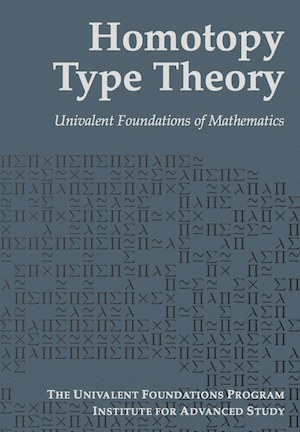John’s note reminds me that I’ve been watching a growing and nasty trend against science, much less science communication, in the past several years. We’re going to be needing a lot more help than we’re getting lately to turn the tide for the better. Perhaps more scientists having their own websites and expanding on the practice of
samizdat would help things out a bit?
I recently came across Science Sites, a non-profit web company, courtesy of mathematician Steven Strogatz who has a site built by them. In some sense, I see some of what they’re doing to be enabling scientists to become part of the IndieWeb. It would be great to see them support standards like Webmention or functionality like Micropub as well. (It looks like they’re doing a lot of building on SquareSpace, so by proxy it would be great if they were supporting these open standards.) I love that it seems to have been created by a group of science journalists to help out the cause.
As I watch some of the Domain of One’s Own community in higher education, it feels to me that it’s primarily full of humanities related professors and researchers and doesn’t seem to be doing enough outreach to their science, engineering, math, or other colleagues who desperately need these tools as well as help with basic communication.


